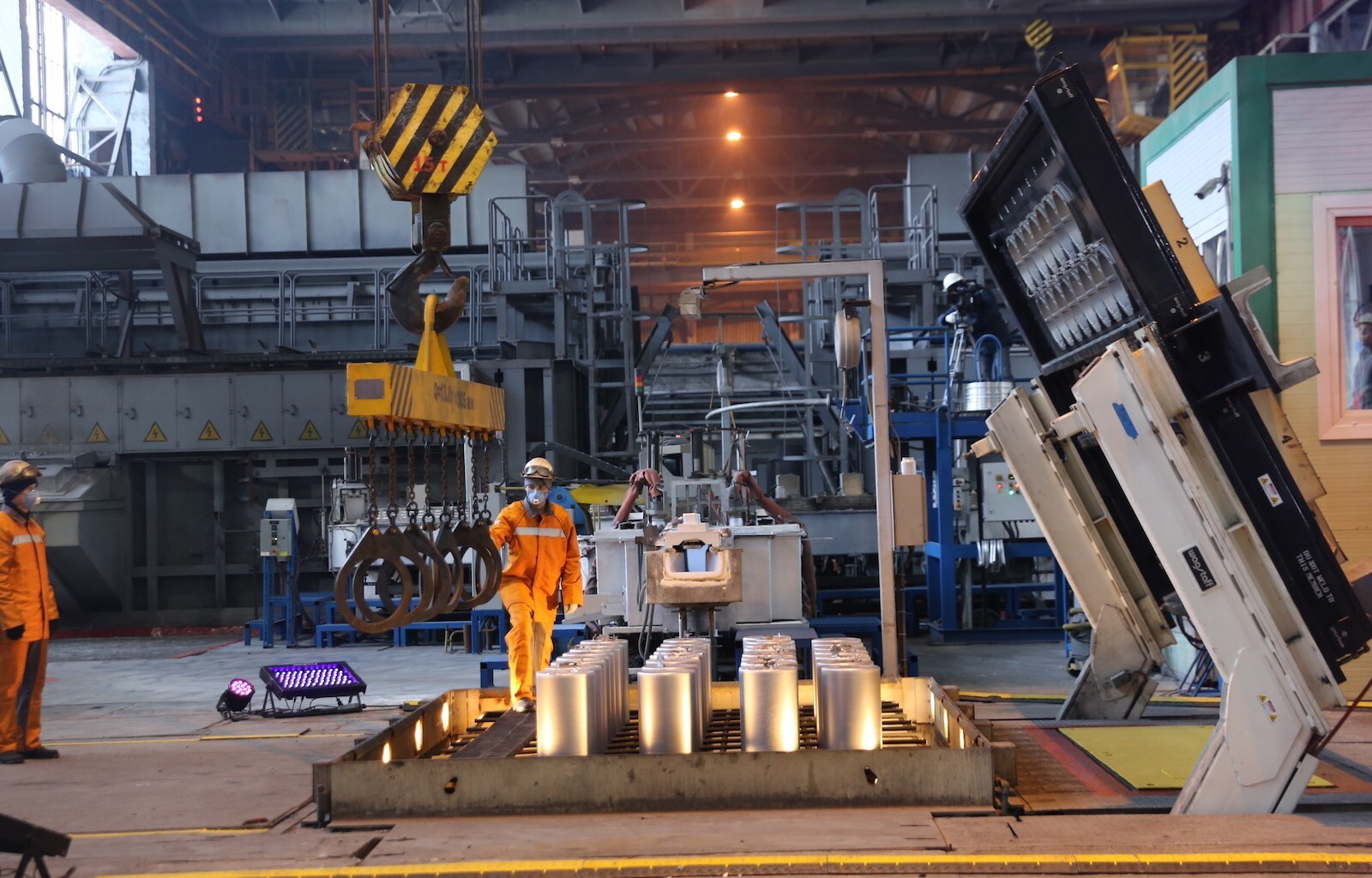您想继续阅读英文文章还
是切换到中文?
是切换到中文?

THINK ALUMINIUM THINK AL CIRCLE

The government is facing fresh pressure to rethink its tariff policy on aluminium, with the Aluminium Secondary Manufacturers Association (ASMA) warning that the current import duty on primary metal is crippling large parts of the downstream industry.
 Image source: https://ocdn.eu/
Image source: https://ocdn.eu/
Explore- Most accurate data to drive business decisions with 50+ reports across the value chain
In a letter to the government, ASMA argued that a 7.5 per cent duty on primary aluminium, a metal produced for the first time from alumina through an electrolytic process, is inflating domestic prices to levels that many manufacturers can no longer sustain. However, the secondary aluminium, made from recycled scrap, does not face this issue, but most downstream producers remain heavily dependent on primary metal.
According to the association, the downstream sector, which spans hundreds of MSMEs and plays a vital role in extracting economic value from aluminium, has reached a point where its competitiveness is under threat. “We urge the government to reduce the import duty on primary aluminium to ensure domestic prices are rationalised,” ASMA cautioned, adding that primary aluminium alone accounts for nearly 80 per cent of production costs in this segment. The import duty is directly impacting higher selling prices.
Those higher prices have already narrowed export opportunities, ASMA noted, leaving Indian manufacturers unable to match global rates. At home, the situation is compounded by free trade agreements such as the ASEAN-India FTA, which allow finished aluminium products from ASEAN nations, including plates, sheets and strips, to enter India at zero duty. Domestic firms, however, must buy their raw material with the additional 7.5 per cent cost burden.
ASMA described this as a structural distortion: despite India being one of the world’s lowest-cost producers of aluminium, the benefit is not reflected in market prices. Instead, domestic rates are linked to the London Metal Exchange benchmark and adjusted for duties under an import-parity pricing model. A highly concentrated primary market dominated by a few large producers, the association added, ensures that these prices remain rigid, leaving MSMEs exposed to international volatility without any relief from India’s natural cost advantage.
The association said the cumulative impact is negatively impacting the viability of the value-added aluminium sector. It has urged the government to step in, cut the import duty on primary aluminium and restore what it calls a “level playing field” for domestic manufacturers.
Don't miss out- Buyers are looking for your products on our B2B platform
Responses








